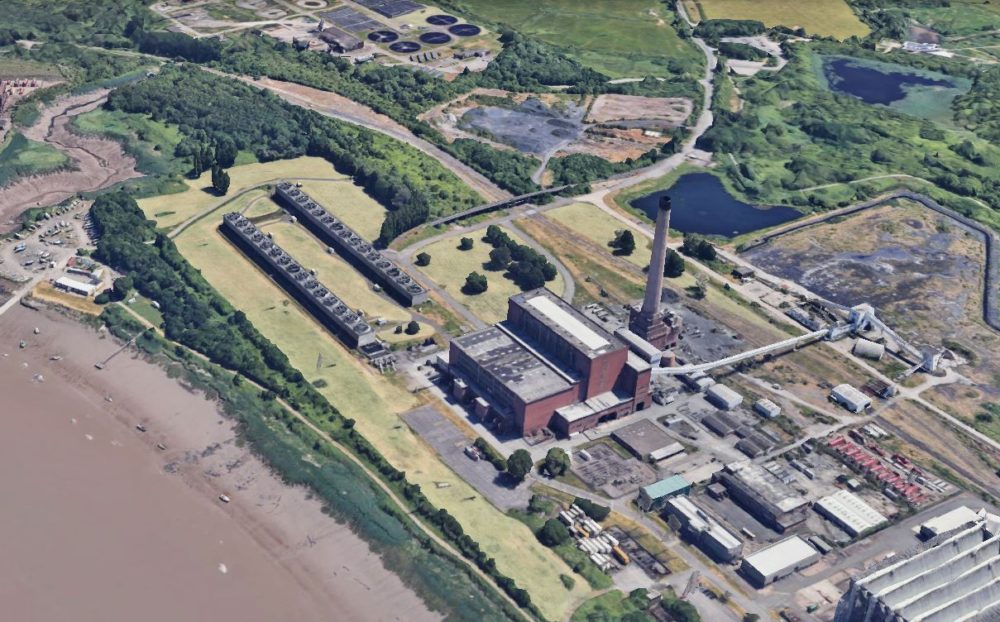Battery plant to open on site of old coal power station despite flooding and wildlife concerns

Nicholas Thomas Local Democracy Reporter
A new battery energy storage plant will be built next to a former coal-fired power station despite concerns about a local wildlife reserve and the risk of flooding.
The batteries will store excess power during times of “excess supply” and then put that electricity back into the grid when demand is higher.
The facility will sit alongside the decommissioned Uskmouth B Power Station on the edge of Newport, on the site of several 11-metre high cooling towers, which are to be demolished.
Concerns
Concerns about flooding and the impact on a nearby wildlife habitat were raised at a meeting of Newport City Council’s planning committee on Wednesday January 10, but councillors were also told the battery plant would play an important part in meeting climate change goals.
The Welsh Government’s ambitions to move to net-zero carbon production by using cleaner forms of power generation “must be given substantial weight”, Joanne Davidson, the council’s east area development manager, told the meeting.
The batteries, which will be housed in green shipping-style containers, will also provide “grid stability” and “support the use of renewable energy sources”.
Committee member John Reynolds said it was “really important we support this in the current climate”.
His colleague Stephen Cocks said the application was “clearly the sort of project we should be supporting”, but noted the area in question would possibly not be acceptable for development if there wasn’t already a power station built on the land.
Nature reserve
Council officers had noted the proximity of the Newport Wetlands nature reserve, but generally found any impacts on wildlife would not be so detrimental that the application should be rejected.
“Doing nothing in this case would be a missed opportunity to reuse previously developed and underused land and the benefits of doing so in this case, with mitigation, are considered to outweigh any harm,” the planning officers concluded in their report.
Ms Davidson also told the committee the site was considered “highly vulnerable” to flooding, and local sea defences were in a poor condition.
Richard Moore, a planner for applicant Enso Energy, told the committee members that battery energy storage sites would play a significant role in the future of the nation’s power provision.
The move to more renewable sources of energy would lead to “intermittence” in the stability of power supply, and battery storage was the “mortar in the net-zero wall”.
That “wall” of renewable energy supply would “topple without the mortar holding it together”, he warned.
The committee voted unanimously to approve planning permission.
Support our Nation today
For the price of a cup of coffee a month you can help us create an independent, not-for-profit, national news service for the people of Wales, by the people of Wales.







Sounds like a sensible decision. I wonder how a series of ‘storage boxes’ would affect local wildlife compared to the current cooling towers? I would have thought the answer would be ‘not much’. Looking at Google Earth it strike me that the boatyard would be more likely to have an impact on local wildlife with lots of comings and goings. The battery units should have almost nobody coming and going as once set up all the control will be done automatically. Having a small PV storage battery myself I can see how useful this new facility will be. Ours charges… Read more »